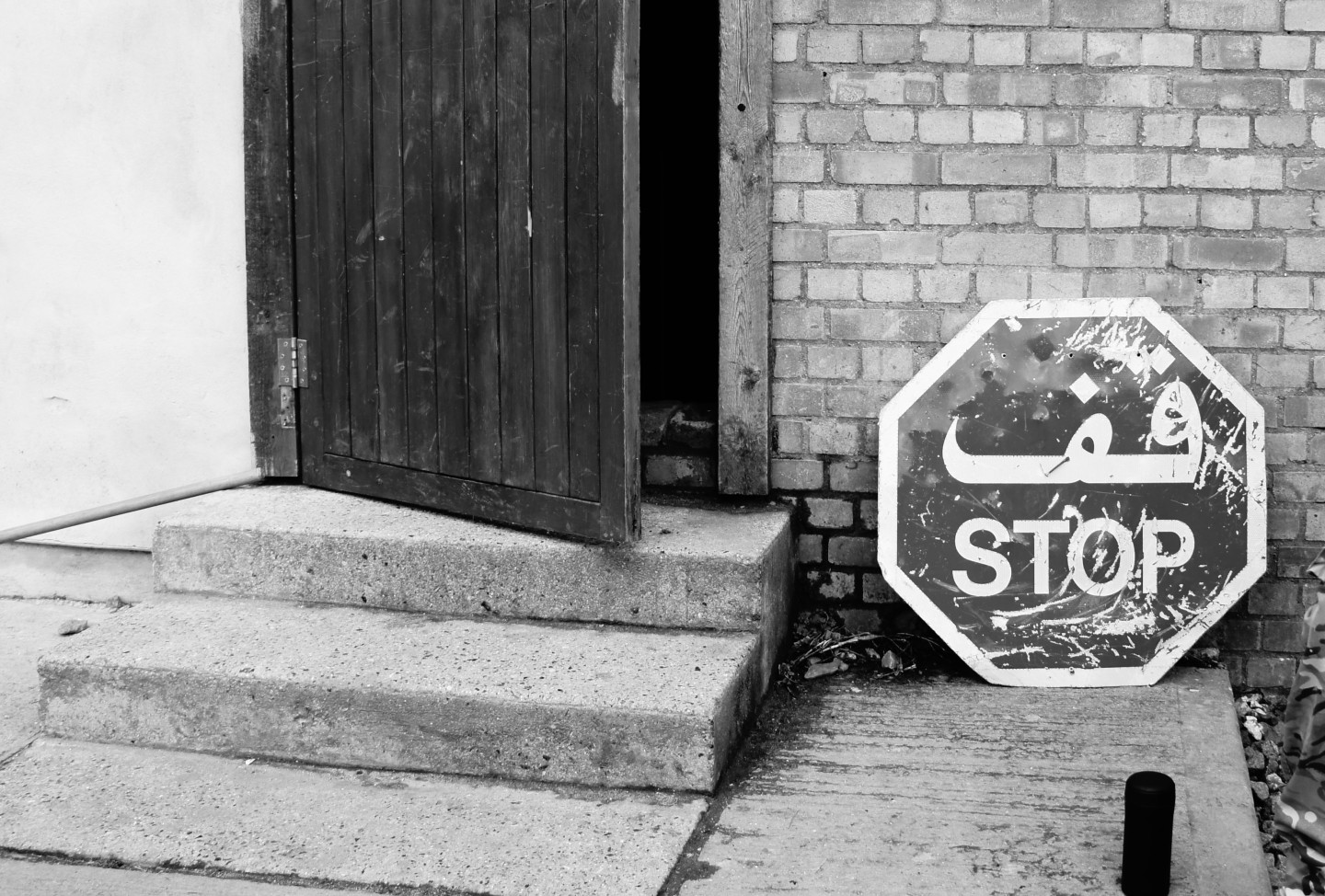Iraq has experienced mixed fortunes this year, with a string of significant battlefield successes against the Islamic State across northern Iraq occurring in tandem with political paralysis and the realization of the extent of Iranian-Shi’a influence in Baghdad. In addition to this, the Kurdish Peshmerga’s success against the Islamic State has emboldened Erbil in its secessionist ambitions. 2017 could be the year in which the cartographic concept of Sykes-Picot Iraq is undone.
While the early months of next year are likely to see a victory in the campaign to liberate the Islamic State-held city of Mosul, followed by the gradual expulsion of the remaining IS holdings from the rural North, the aftermath is unlikely to be a peaceful situation. Fractures in the anti-IS alliance first emerged during the operational approaches to Mosul, with Kurdish, Shi’a, Sunni and Turkish forces all taking tense positions against one another that were only tempered by the looming battle with their common enemy.
It is expected that Mosul will be liberated in early 2017 given current rates of battlefield progress, and given concurrent advances in the Tal Afar region, the demise of the geographical holdings of the Islamic State in Iraq appears likely before the end of next year.
The removal of the unifying threat of the Islamic State will potentially cause tensions between members the loose anti-IS coalition to increase, and the possibility remains that Northern Iraq will erupt into outright conflict by mid year. Kurdistan and Baghdad are likely to clash over the postwar distribution of captured territories, and this is before any issues of Kurdish secession are even considered. Turkish support to Erbil, which is seen by many in Ankara as contradictory to Turkish goals in its domestic conflict with Kurdish groups, may also wane in 2017 over concerns of an emboldened “Greater Kurdistan” following the defeat of IS.
2017 has strong potential to be the year that Iraqi Kurdistan formally breaks away from Baghdad given Erbil’s newfound confidence and international support following its central role in the war against IS. While the reinvigorated and refocused Iraqi military may contest any Kurdish succession attempts, the battle-hardened Peshmerga would almost certainly defend the core territories of Kurdistan effectively whilst only ceding recently acquired lands where the ethnic makeup is not predominantly Kurdish. While Baghdad may struggle to accept this new state of affairs, the reality is that Kurdistan has already gained de facto independence as a result of the Islamic State crisis, and a reversal of this would be a difficult process.
Economically, Kurdistan will require significant reform in order to survive as an independent state, and will initially be highly reliant on foreign support. The autonomous regional government’s monthly deficit had risen above $100 million, straining an already-teetering economy. In addition to this, the influx of 1.8 million Iraqi and Syrian refugees has imposed strains on Kurdish public services, and it is unclear whether this population will return to their homelands in the near future, meaning that stresses on the Kurdish state are likely to remain in place post-independence.
Sectarian violence in wider Iraq is unlikely to abate in the foreseeable future, and given the high probability of battlefield atrocities during the northern Iraq campaign by various forces, an intensification of Iraq’s Shi’a-Sunni split may occur following the retreat of the Islamic State. The redeployment of Iraqi government forces from Northern Iraq following the defeat of IS is unlikely to be swift given the potential for sporadic insurgencies across the region, meaning that any increase in sectarian conflict throughout southern and central Iraq could potentially run unchecked.
The reintegration of recaptured IS holdings into the larger Iraqi nation will be an uneasy process, and it is possible that next year will see Iraq’s northwestern provinces make further attempts to leave the state, potentially by integrating further with Syrian Sunni lands or through sustained insurgency.
Economically, Baghdad’s situation is not promising. The low oil prices throughout 2016, combined with the Islamic State crisis, have contributed to a sharp deterioration of economic activity and have rapidly increased the national budget deficit. Iraq’s population remains extremely vulnerable economically, and the standard of living has deteriorated as a noticeable share of the population has fallen into poverty, while those who are economically able to emigrate have done so at an alarming rate. While victory against the Islamic State may lead to renewed foreign investment in 2017, economic recovery will take several years and will only follow the reconstruction of the shattered oil infrastructure left in the wake of the retreating Islamic State.
A bigger threat to the integrity and stability of Iraq is that of food security. The approach of major rural-urban offensives in the fertile Euphrates and Tigris “breadbasket” regions of Iraq and Syria throughout the winter planting season will result in a sharp drop in agricultural output in 2017, which will bring major humanitarian consequences midyear alongside economic losses.
The damage to the agricultural “breadbasket” of northern Iraq and eastern Syria will have profound long-term consequences on the population of this vulnerable region, and will likely contribute to increased regional migration, which in turn will bring further urban and inter-ethnic instability to a country that is already at breaking point.
Lewis Tallon is a former British Army Intelligence officer turned private sector Geopolitical Intelligence Analyst who specialises in the Middle East and North Africa region.

